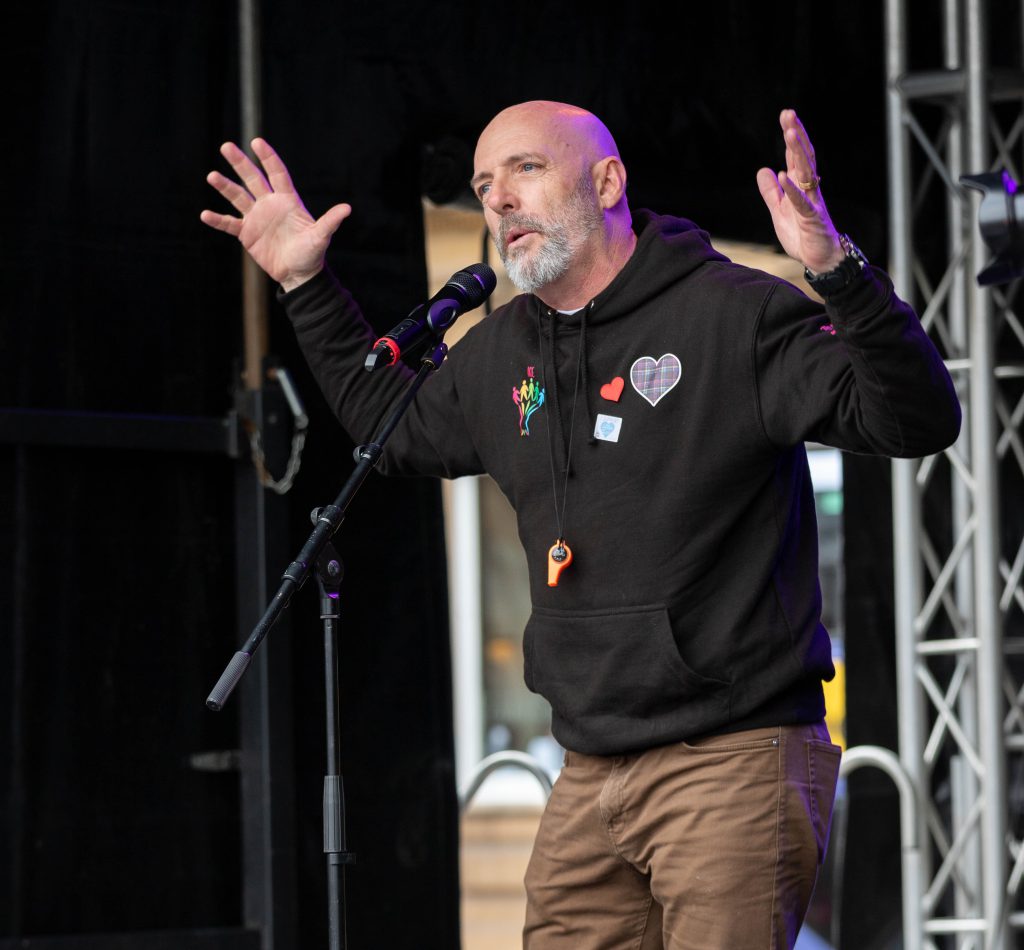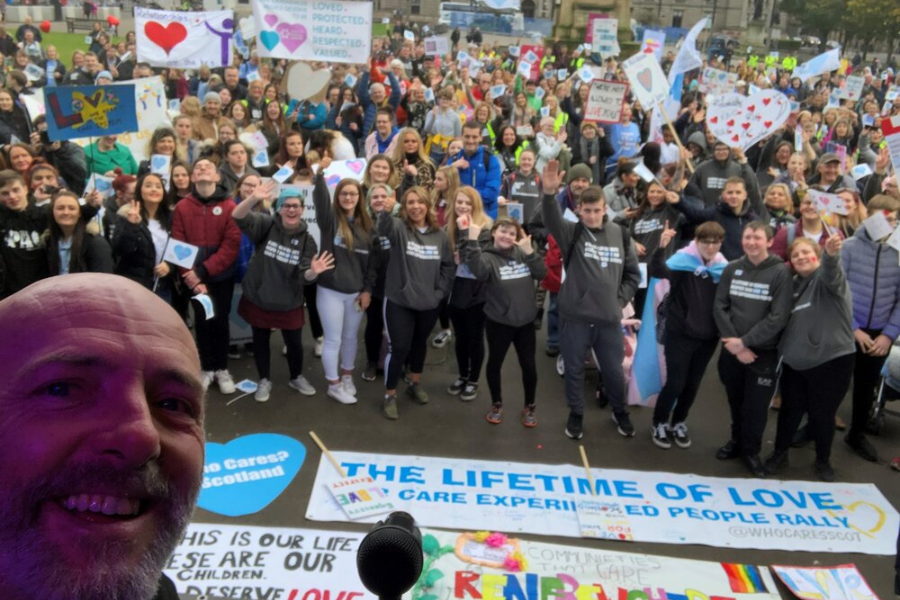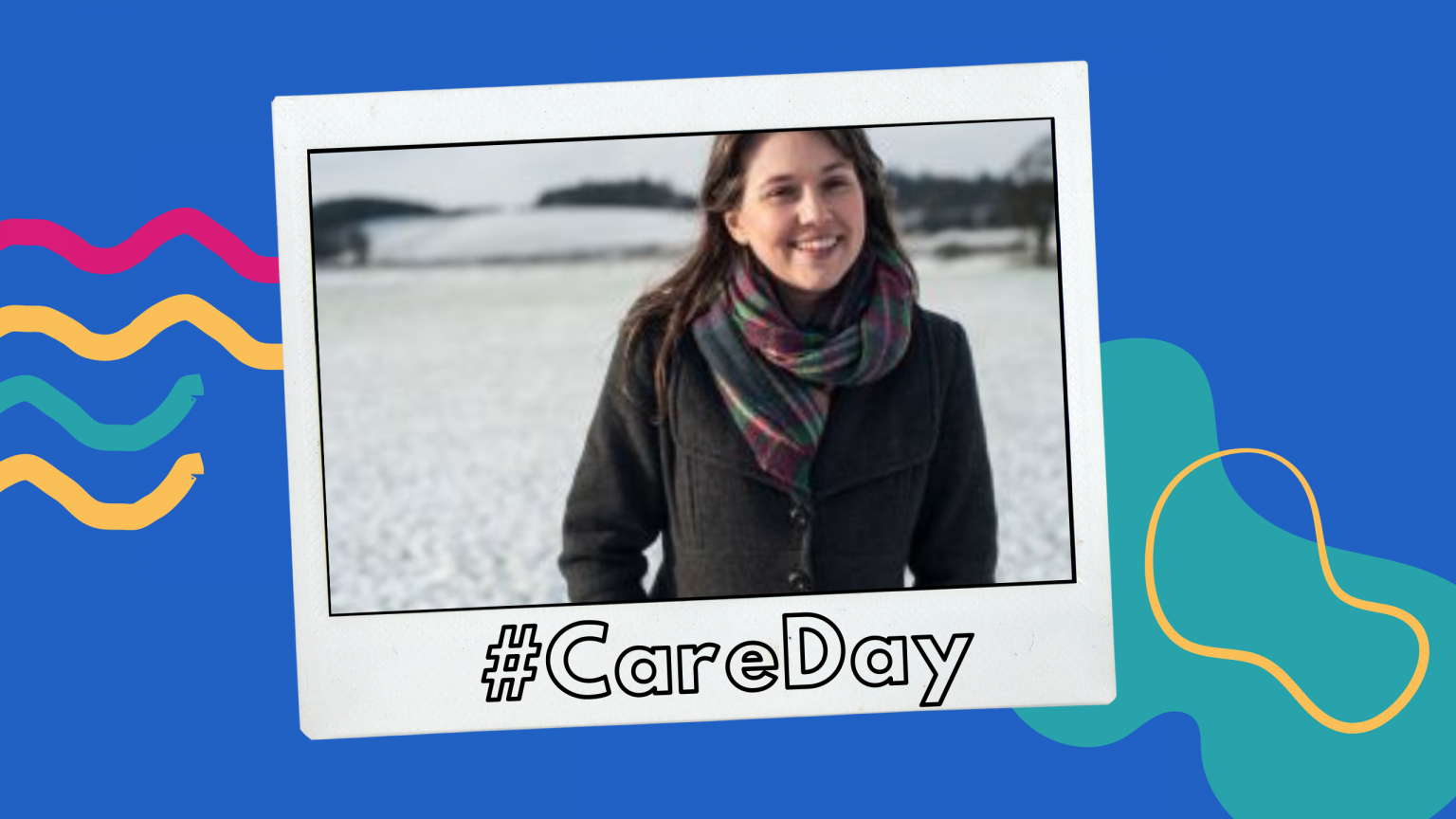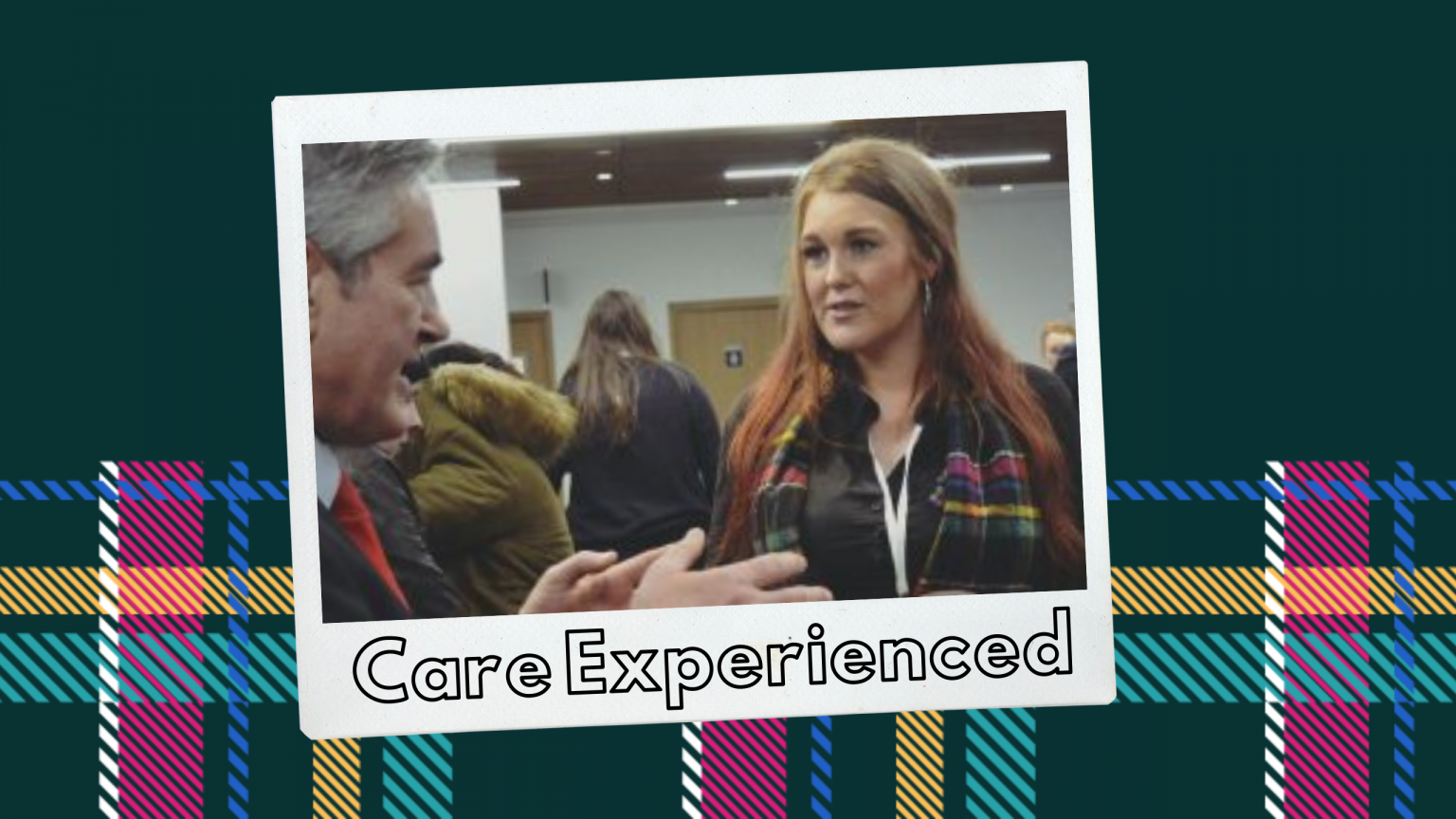Care Experience is something many Care Experienced Australians have learned to keep to themselves and never discuss.
This is reinforced by the stigma that we feel, the shame that is placed on us and the concern to not hurt our loved ones.
There are other clues to never raise your Care Experience. Not having photographs – you cannot be identified as being ‘in care’ because everyone recognises that you will likely face additional stigma. Not having access to your records – other people will be stigmatised and their own right to privacy. Being asked constantly about your Care Experience and then seeing the faces of people making assessments of why you are Care Experienced and being compared to others.
As a social welfare worker with more than 30 years practice, I learned early on not to talk about my childhood.
It first happened at University where I was told, “that might be an issue for you, have you thought about doing something else?” Such discussions would lead to judgement from others about my ‘motivation’ to work in the field, my colleagues trying to look up my files out of concern’ not to ‘trigger’ me with families I would work with.
In short, I learned not to discuss this with anyone, including my own family.
Many years ago, as a homeless young person who had walked out of a care home, I remember thinking surely we can do better than this, better than letting a young person walk out and live on a bench, better than implied blame for my own Care Experience.

Surely we can love Care Experienced people, more than triaging, case managing, therapising, moving, blaming, case planning and limiting Care Experienced people.
My motivation to do this work has always remained focused, to make Care Experience a better experience.
Two and half years ago, I took a role in Scotland with Care Experienced people. Soon after commencing, I disclosed that I am Care Experienced.
Instead of judgement, I got a hug, acceptance and love. We don’t talk about LOVE very much with Care Experienced people and we demonstrate even less. The excuses include, ‘ it might trigger them’, ‘a real concern for their wellbeing’, or ‘it might be an issue for them’.
It’s always the same but the real reason is fear;
fear of what loving someone might change in us,
fear of our control being shared,
fear of their voice.








